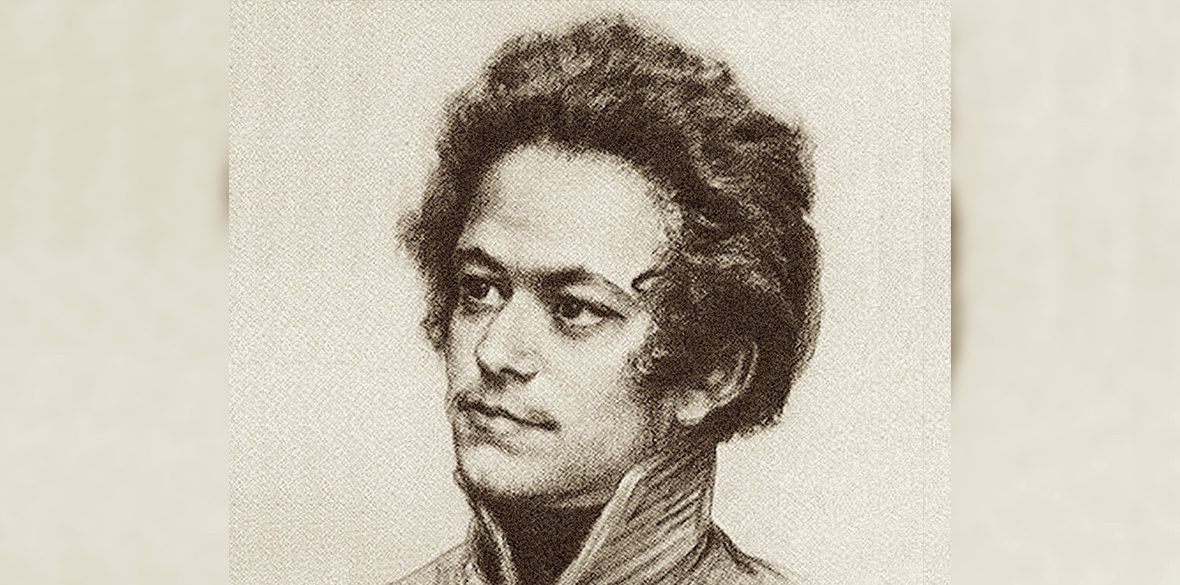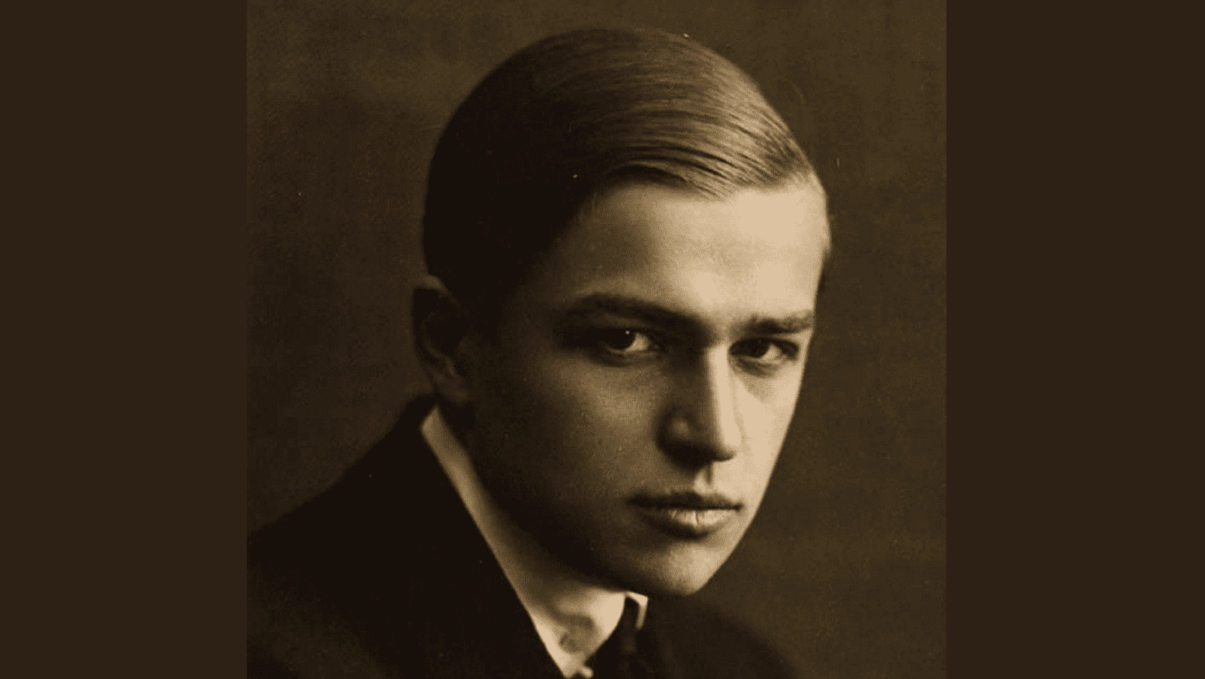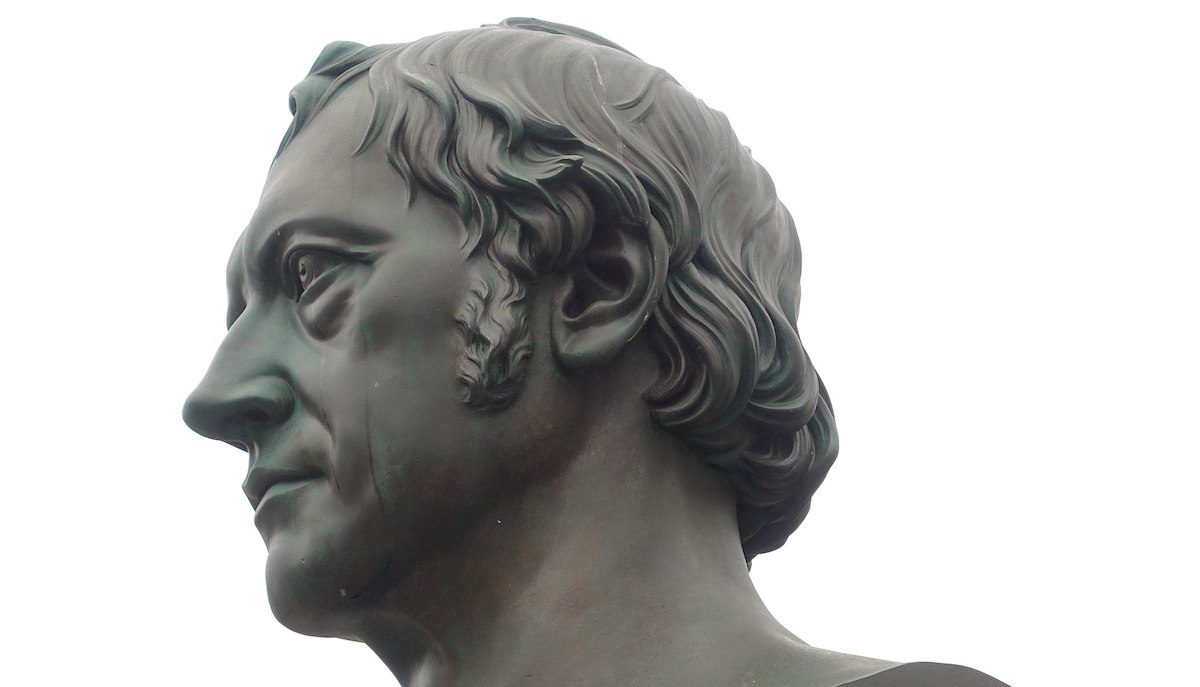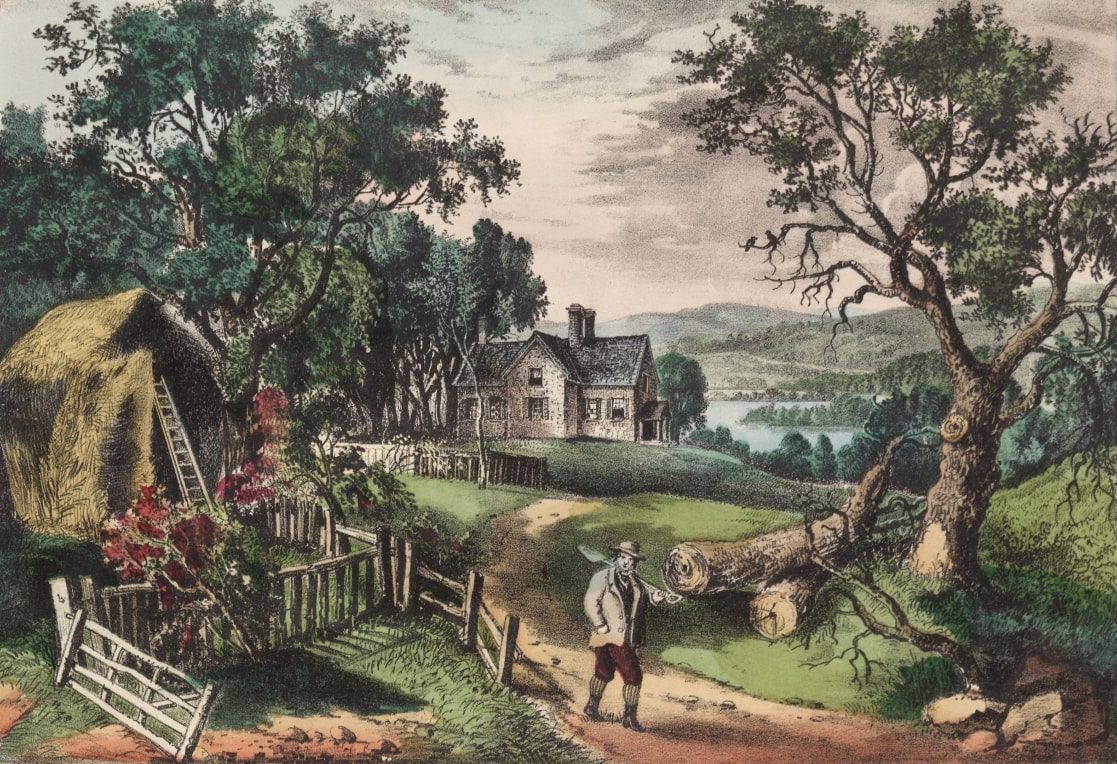
The Limits of Revivalism
Bourke’s defence of the German philosopher is historically thorough and philosophically compelling.

Bourke’s defence of the German philosopher is historically thorough and philosophically compelling.

Liberalism inherited a Christian psychology but, having jettisoned the Rock of Ages, built its political theory upon the sand.

It’s imperative that we strive to understand Marx’s account of history and justice, given that it continues to possess so much of the public debate on who we are and what our future may look like.

Why did Marx ditch the Bauerian line of polemical criticism and adopt the more revolutionary belief in direct action with which he is now associated?

His philosophy of history was unquestionably revolutionary, but Kojève was a conservative. The essence of his prescription for Europe remains relevant for today’s geopolitical, economic, and cultural struggles.

In his book The Disappearance of Rituals, Korean-German philosopher Byun-Chul Han presents a genealogy of the disappearance of rituals and its catastrophic effects on society.

The revolutionary afterlife of Hegel’s political thought is proof of the power of a philosophical system, once seized by less cautious hands, to outpace its original creator.

Is Hegel’s political thought conservative, progressive, perhaps even revolutionary?

Despite his colourful pessimism, Žižek still appears to indulge the fallacy that some combination of good will, rationality, and imagination is up to the task of saving our fallen world.

If conservatives seek to uphold the law of the home, it is because they consider it neither feasible nor desirable to transcend it. Hence, they defend the local over the universal and the familiar over the anonymous. Their attachment to their country is founded on reverence and fidelity to that place which made them, and whose geography, law and culture constitutes the fabric of their identity and the object of their true affection.
To submit a pitch for consideration:
submissions@
For subscription inquiries:
subscriptions@